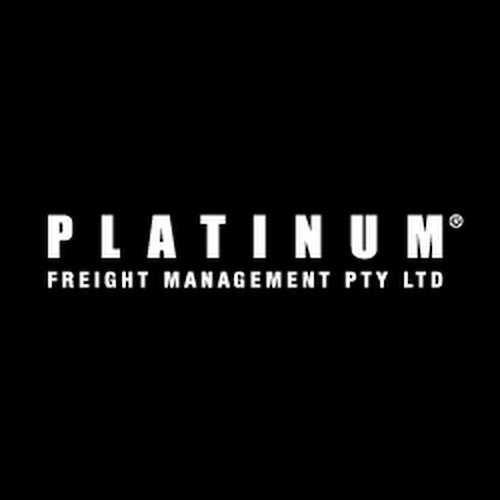
Australia’s unique environment and stringent Australian Border Force and Department of Agriculture, Fisheries and Forestry policies require importers to thoroughly understand the regulations and standards before importing prefabricated homes and granny flats into Australia.
While offering innovative and cost-effective solutions, these structures must comply with various legal requirements to ensure that they are safe and sustainable additions to the Australian landscapes. Here’s a comprehensive guide to successfully navigating these regulations.
Timber Treatment
One of the primary concerns when importing prefabricated structures is timber treatment. Australia has strict biosecurity measures to prevent the introduction of pests and diseases that could affect its unique ecosystem.
Any timber used in prefabricated homes must be treated to meet these standards. The treatment usually involves a chemical processes or heat treatment that eliminate pests and pathogens. Importers must ensure that all timber components have the appropriate certification to demonstrate compliance with the Department of Agriculture, Fisheries and Forestry standards.
Refrigerant Gas Compliance
Many prefabricated homes include appliances such as air conditioners and refrigerators that use refrigerant gases. Australia has stringent regulations regarding the types of refrigerants that can be used to reduce environmental impact and ozone depletion.
Importers must ensure that any equipment in the prefabricated structures complies with the Australian Government’s standards for refrigerant gases. This compliance often involves using low-GWP (Global Warming Potential) refrigerants and ensuring that all equipment is appropriately labelled and certified.
Biosecurity Measures
Importers must adhere to biosecurity measures beyond timber treatment and refrigerant gas compliance. The Australian Department of Agriculture, Fisheries and Forestry provides guidelines on what is required for different types of materials entering the country.
For instance, materials that may harbour pests or diseases will often require fumigation or other treatments. Before shipping, importers must know these requirements and work with suppliers to ensure that all materials meet Australian biosecurity standards.
Necessary Documentation
Proper documentation is crucial for ensuring compliance with Australian regulations. Importers must prepare and submit various documents, including treatment certificates, to demonstrate that timber and other materials have undergone the necessary treatments.
Documentation confirming that all refrigerant equipment complies with Australian standards is also required. Depending on the materials and structure, import inspections and or further treatment may be necessary. Additionally, detailed Australian Border Force customs declarations must be completed outlining the commercial transaction and value of the imported goods.
Practical Advice for Navigating Regulations
Navigating these regulations effectively involves engaging with experts, such as customs brokers, who can provide invaluable guidance through the regulatory landscape’s complexities. Clear communication with suppliers ensures that all materials and components meet Australian standards. Requiring necessary certifications and treatment records upfront to avoid delays upon arrival is also crucial.
Staying informed about new requirements or changes to existing laws is essential, so it is advisable to regularly check official Australian government websites and subscribe to relevant industry bulletins. Planning by allowing ample time to prepare documentation and complete required treatments can prevent costly delays during the import process.
Successfully Navigating the Regulatory Landscape
Importing prefabricated structures into Australia requires a thorough understanding of Australia’s regulatory environment. This is where Platinum® comes in.
With our team’s meticulous preparation and expert guidance, bringing prefabricated homes and granny flats into Australia can be a smooth and rewarding process, providing innovative housing solutions tailored to local needs.


